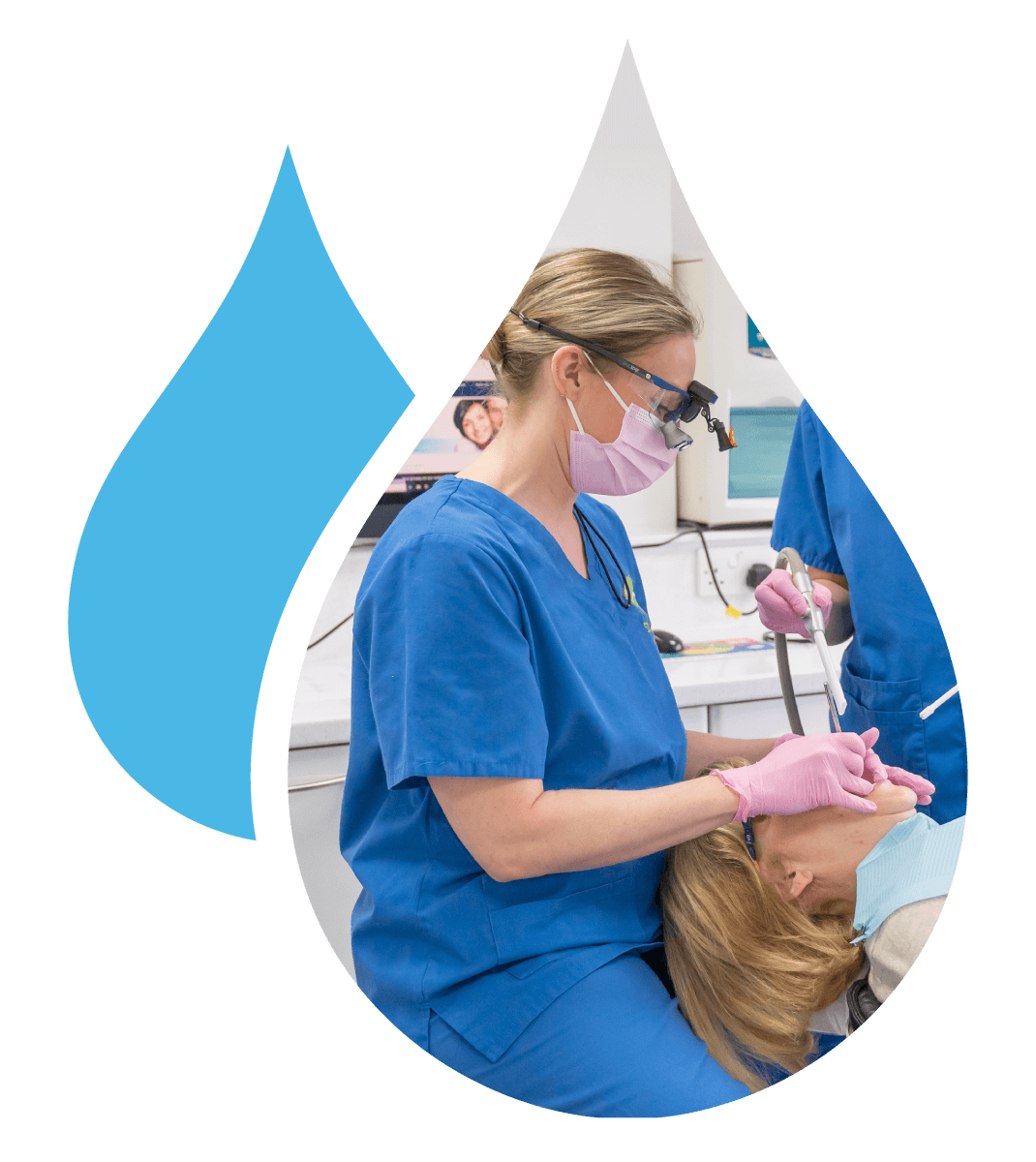Oral Hygiene Program
Oral Hygiene Overview

Benefits of Good Oral Hygiene
- Prevent tooth decay and gum disease
- Maintain healthy teeth and gums
- Freshen your breath
- Brighten and whiten your teeth
- Prevent bad taste and foul smell in the mouth
- Enhance your overall health, as oral health is linked to general health
- Avoid costly dental procedures
- Avoid dental pain and discomfort
- Maintain the natural appearance of your teeth
- Reduce the risk of oral infections and diseases
Regular Check-ups are Essential for Maintaining Oral Health
At a minimum, you should have an appointment with us every six months for a regular check-up and cleaning. It is also essential to let us know if you experience any dental problems such as toothache, sensitivity, or bleeding gums.
Our Oral Hygienists Can Help You Avoid Gum Disease
Your gums may be telling you that they are unhealthy if they bleed during brushing or flossing. This is one of the earliest signs of gingivitis (inflammation of the gums).
Gum disease and periodontal disease can be prevented by practising good oral hygiene and attending routine dental visits. Our professionally qualified and accomplished oral hygienists will help you to maintain the health of your gums, the important supporting tissues for your teeth.
Oral hygienists play a vital role in your overall dental health. Using the latest technologies and techniques, our team will clean your teeth by removing any plaque and tartar (calculus) build-up from around your teeth. They will also work with you to determine the best daily oral hygiene routine for your needs.
Do you have questions about your oral hygiene program? Want to know more about brushing and flossing correctly? Call us anytime, and we will gladly answer your questions or book your next appointment.
Privilege Plan
Making your regular appointments and dental treatment more affordable
Appointments
Contact the team to arrange an appointment
Refer a Patient
Refer a patient for treatment with our specialist prosthodontist
An In-House Periodontist
If you are suffering from periodontal disease, you will be referred to our specialist periodontist, Hennie Van Jaarsveld, for diagnosis, advice, and options for treatment. If diagnosed and addressed early enough, progressive periodontal disease can be treated successfully.
Tips to Avoid Tooth Decay and Periodontal Disease
To prevent cavities and periodontal disease, it is crucial to practise good oral hygiene, limit acidic and sugary foods and drinks, avoid smoking and excessive alcohol consumption, and visit the dentist regularly. By doing these things, you have some level of control over whether or not you will develop cavities.
Select an Appropriate Toothbrush and Toothpaste
Use a soft-bristled toothbrush that is easy on the gums. Electric toothbrushes can also be effective, as they can remove more plaque than manual toothbrushes. There are other options as well — be sure to speak to your hygienist for our recommendations on a product or system specific to your circumstances.
We recommend using fluoride toothpaste, which helps strengthen the tooth enamel and prevent tooth decay. Frequent brushing with the right toothpaste can contribute to a strong oral hygiene program.
Recommended Frequency of Brushing and Flossing
It is best to brush your teeth at least twice a day, once in the morning and once before bedtime, for two minutes each time. Brushing is made even more effective when combined with flossing.
You should floss at least once a day to remove plaque and food particles from between the teeth and along the gumline. This can reduce bacteria in the mouth and the likelihood of developing periodontal disease.
Schedule a comprehensive examination with our team if you would like to learn more about how you are doing with your oral healthcare.

